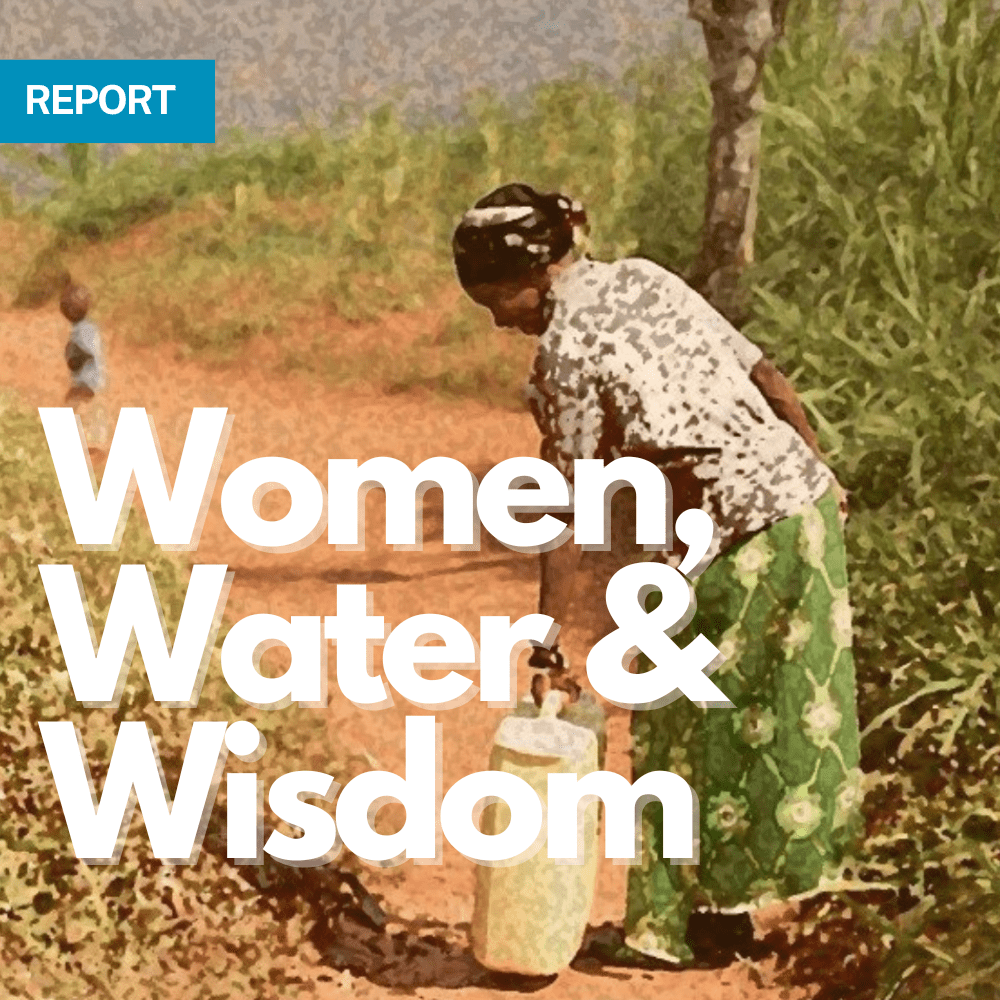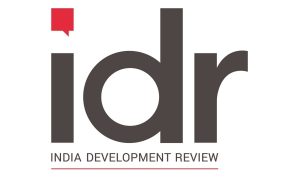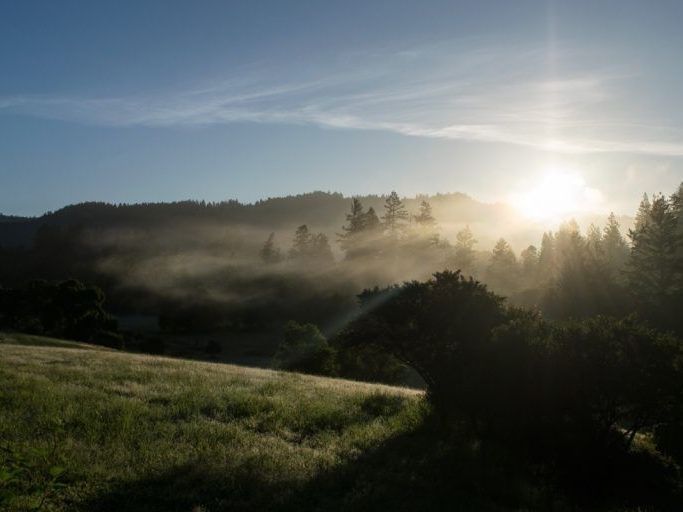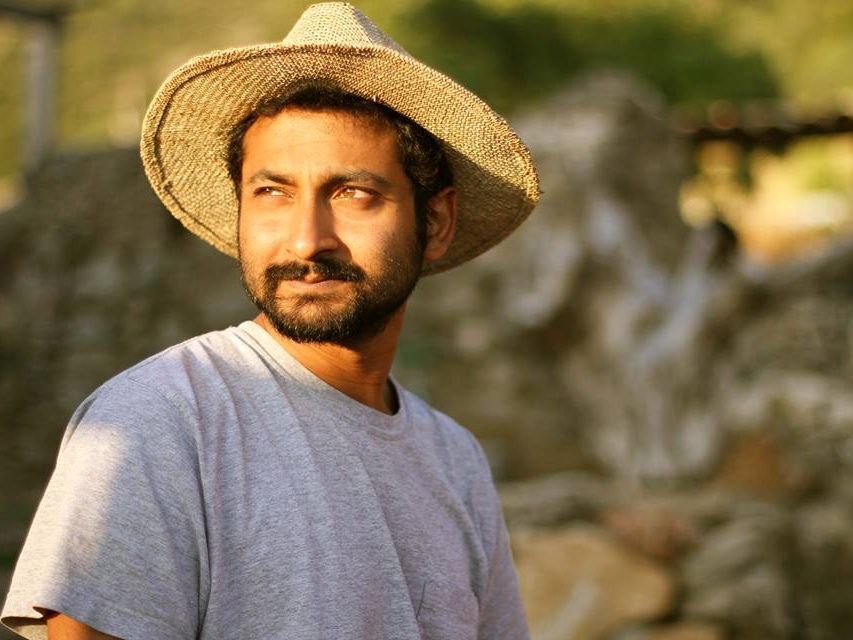Global Grassroots
New Hampshire, United States.
Field of Action: Social change. Women’s Justice. Ecological Belonging.
Ecosystem Network
Since 2006, Global Grassroots has trained more than 700 emerging change agents across East Africa who have designed nearly 200 civil society organizations reaching 198,000 people.
Their inner-driven approach, called Conscious Social Change, results in powerful impacts on our change agents and them, in turn, upon their communities.
When applied to the water sector, this results in significant shifts in health, violence, and education indicators, recording an unprecedented sustainability rate of 96% among water ventures they have funded since 2008, which are serving nearly 78,000 people with access to clean water and hygiene supplies, a critical need during COVID-19. Women belonging to Global Grassroots groups and programs understand systemic change and use their water solutions as sustainable hubs to target a range of other priority local issues affecting women.
When women lead, communities succeed.
Women are the fabric of society, but in impoverished areas, they lack the tools to solve local social issues.”
[/mk_blockquote]Reports & Research

Women, Water & Wisdom: Mapping Ripple Effects of Conscious Social Change in
Rural Rwanda
Have you ever thought about the link between wellbeing and water?
The benefits of clean water go well beyond physical health. In communities where clean water is scarce and has to be fetched on a daily basis, its availability reduced stress and increased safety:
“According to participants, the incidents of injury, violence, and abuse related to fetching water dropped since the new water sites launched, particularly improving the safety of women, girls, and other community members for whom the journey had been dangerous.”
Read the full report to learn more about the power of water and community-led change:



















































